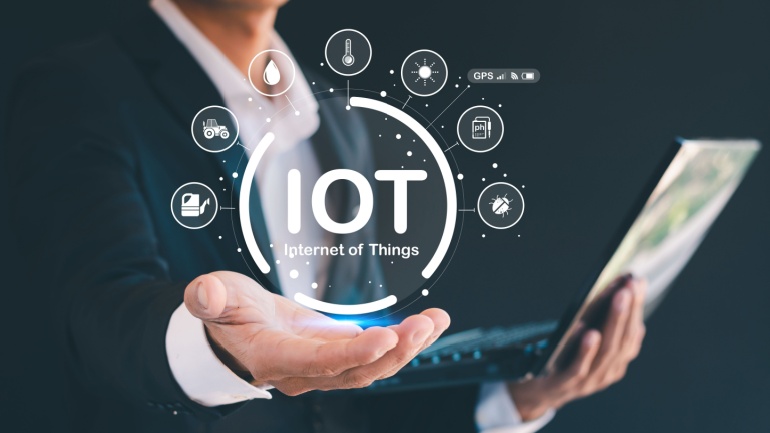Telefonica, the Spanish-based telecom group, has set its sights on exploring the potential of private mobile networks for businesses in Latin America, collaborating with Nokia to do so. The telecom giant and its vendor partner highlight their capability to catalyze digital transformation for enterprises in Latin America. With their recently announced partnership, they plan to provide Nokia’s range of industrial-grade private wireless network and digitalization platform solutions, focusing largely on what they term as “the most promising industries in the region,” which include ports, mining, energy, and manufacturing.
“Private wireless through LTE and 5G will facilitate Industry 4.0 across various sectors,” commented Juan Vicente Martín, Director for B2B at Telefonica Movistar Empresas Hispanoamérica. “Together with our strategic partner Nokia, we provide superior connectivity, enable greater optimization of operations, achieve significant productivity and efficiency rates, and contribute to the digitalization of the industrial sectors throughout Latin America.”
Currently, private mobile networks that makes use of 4G technology appear to have a bigger opportunity for Telefonica compared to those based on 5G, as the latter is still largely in its developmental stage in the region. According to Ericsson’s most recent mobility report, 4G subscriptions composed an impressive 74% of the total mobile connections in Latin America at the end of the last year, while 5G only had a minimal presence.
That being said, Ericsson anticipates a surge in the uptake of 5G beginning in 2024 and forecasts that by the end of 2028, 5G technology will make up 42% of all mobile subscriptions in the region. It should be noted that the acceptance of 5G by consumers does not automatically correlate with the progress in the private wireless market. However, it does give insight into the overall maturity of the market.
Interestingly, last September, Ericsson unveiled a “digital revolution” in Latin America as it rolled out what it claimed was the region’s first private 5G standalone network featuring an entirely on-site network architecture, functioning independently from the public mobile network. This was implemented for the conglomerate Nestlé in Brazil, with support from the network operators Claro and Embratel.
Nokia, which boasts over 595 private wireless customers worldwide across different industrial sectors, believes the maturation of the technology in the region will open market opportunities. It also shared data from a newly published survey suggesting that 80% of the 79 multinational corporations that have implemented Nokia industrial-grade private wireless solutions anticipate to generate ROI within six months of deployment, a projection that would certainly be appealing to potential enterprise customers.







